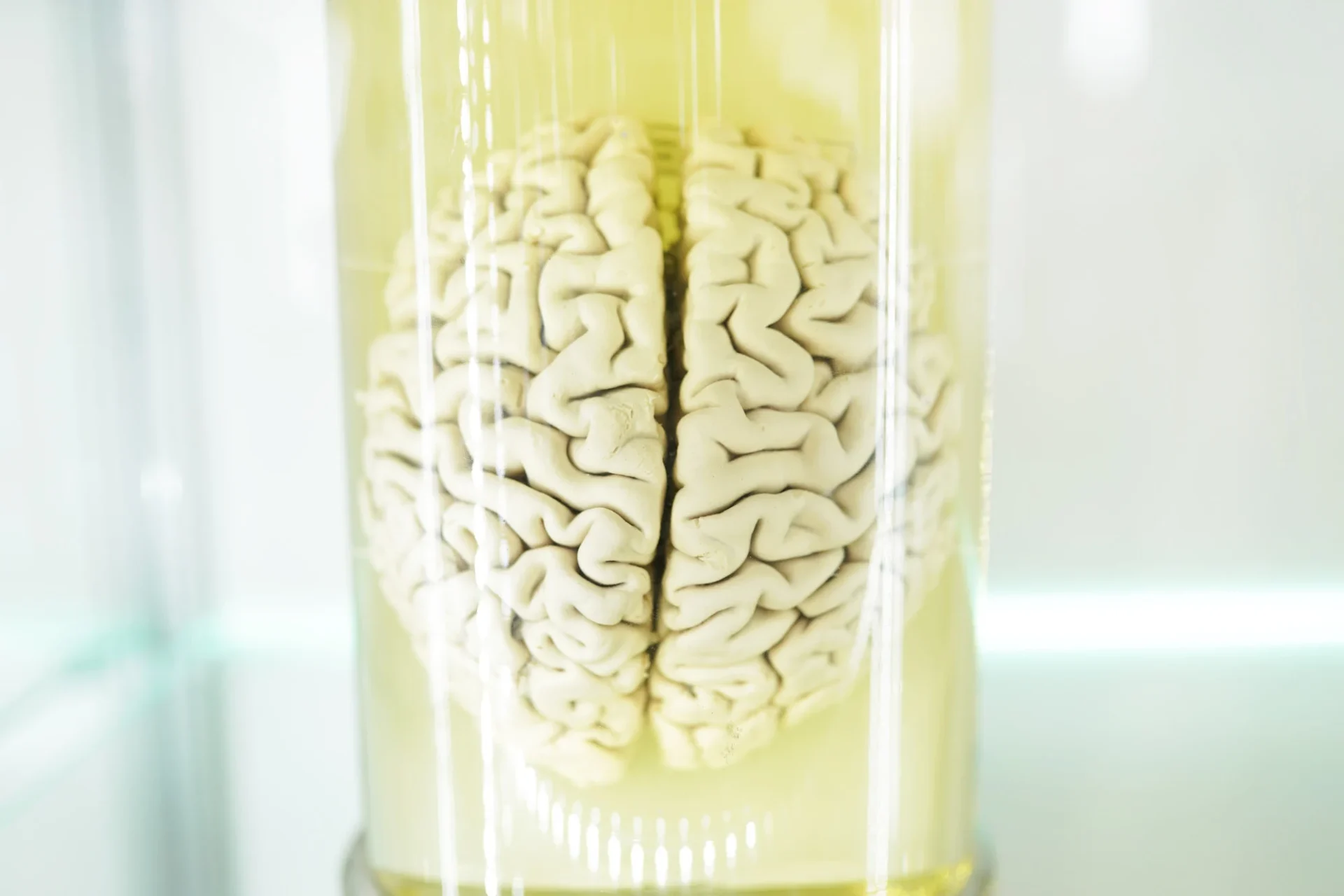In an age where the demand for novel and unique products is ever-growing, China’s netizens have been enthralled by a new sensation: “Einstein’s Brain”. This product, advertised on the popular online shopping platform Taobao, is making a bold promise: enhance your intelligence and cognitive abilities to mirror that of the legendary physicist, Albert Einstein.
The product, as described, is purely virtual. It doesn’t arrive at your doorstep nor does it require any physical interaction. Once purchased, all a customer has to do is simply sleep, and supposedly, they’d wake up feeling smarter. “Sleep tight, and you’ll awaken to find the ‘Einstein brain’ has seamlessly integrated into your own,” the advertisement confidently claims.
Owned by the tech giant Alibaba Group, Taobao is a leading e-commerce site in China, renowned for its eclectic assortment of products. And this particular product seems to be no exception to the platform’s reputation for the unique and bizarre.
The selling price for this peculiar item is almost laughably low, ranging from a mere 0.1 to one yuan (equivalent to about 10 US cents). Astonishingly, over 20,000 eager customers have already acquired their own “Einstein’s Brain”, driven perhaps by a mix of intrigue, humor, or genuine belief in the product’s claims.
Feedback on the product spans a broad spectrum. One satisfied buyer shared, “Post-purchase, I attempted an exam and surprisingly, managed to solve every problem effortlessly.” Another customer described it as a form of “psychological solace, a belief.”
But as with any internet sensation, skeptics and jesters are aplenty. One humorous review read, “Post-acquisition, I’ve had an epiphany about my prior foolishness. I’ve certainly become more astute now!” Another jested, “It’s been miraculous! Arithmetic involving digits under 10 has become child’s play.” Yet another mockingly claimed to be on the brink of groundbreaking scientific revelations, saying, “I’m elated to report my ongoing research on the theory of controlled nuclear fusion.”
Chen Zhilin, a psychological consultant based in Chongqing, weighed in on this phenomenon. He perceives “Einstein’s Brain” as more than just a product; it’s an emotional tool, a talisman of sorts. Chen explained, “When individuals genuinely believe they’ve harnessed Einstein’s intellect and step into an exam exuding that confidence and euphoria, there’s a higher likelihood they’ll perform better.”
In essence, it’s not about literally gaining Einstein’s intelligence but rather the confidence it imbues. “Given its nominal cost, it offers a unique blend of joy and contentment. In our fast-paced society, indulging in such inexpensive, playful experiences provides a respite, a fleeting escape,” Chen elucidated.
China’s younger demographic, ever on the hunt for novel experiences and products, has been particularly receptive to such eccentric offerings. Other bizarre trends that have piqued interest include a chat support platform catering to those with “love brain”, an obsessive focus on romantic endeavors. Another curious product in the market is the “student toilet paper” – bathroom tissue imprinted with academic content, with the hopes that students might squeeze in some learning during their most private moments.
In a rapidly evolving world, the allure of such quirky products signifies a blend of humor, hope, and an appetite for the unconventional. Whether “Einstein’s Brain” genuinely enhances intelligence or merely offers a psychological boost, it’s undeniably a testament to the endless inventiveness of online trends.
READ MORE:
